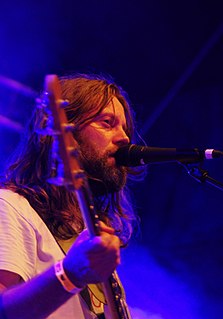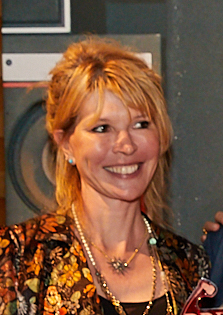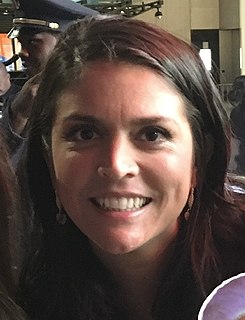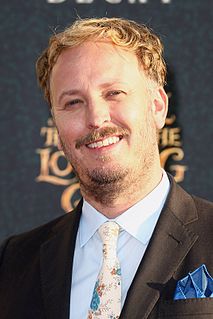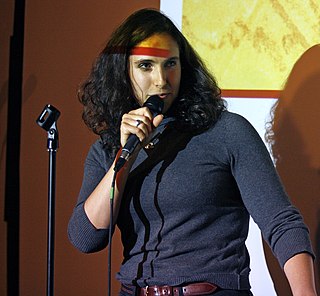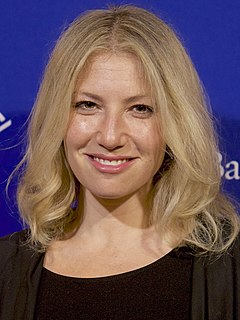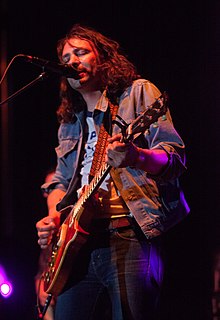A Quote by Aziz Ansari
Writing your own jokes, you just kind of keep working on something until you think it might work, and then you try it out and hope for the best.
Related Quotes
DESTINY is a feeling you have that you know something about yourself nobody else does. The picture you have in your own mind of what you're about WILL COME TRUE. It's a kind of a thing you kind of have to keep to your own self, because it's a fragile feeling, and you put it out there, then someone will kill it. It's best to keep that all inside.
I’ve always said to my agents and stuff, like, it’s going to be 10 years before people forget about Twilight, And that’s totally understandable. Normally people keep working and working until their big break. You just keep trying to make the best of your decisions. Like I try to think how I used to think before all the Twilight movies.
Certainly it's great to be able to talk to your friends about something. They might mention a film, and you can find all about it, and you don't have to wait months until you can find a book that might cover the subject and keep it in your head. You can have that kind of immediacy. But there's also something about it, where all the knowledge seems kind of fleeting. All the stuff I learn about in that way, I can be interested in for a day and then it's gone.
It doesn't matter if you're good at anything, just try your best. Then there's the idea that individually they're flawed but together they can do amazing things. I think that's a very nice message and it's not something you hit people over the head with. It just comes with The Muppets; it's what they're about. It's that kind of innocent try, try, try quality. And it also makes them underdogs. You can't help but support the underdog.
There should always be that leeway because if you think of your character as sort of absolutely fixed, then you just try and find actors to come and do exactly that thing, then you're not gonna be working with that actor's own set of internal impulses and who they are, so the best work is always a coming together of the actor and the character.
Tweeting is a great way to practice writing jokes, but there is so much more to comedy writing than just jokes. Jokes are a necessity, but you also have to learn how to write characters, to break a story, to keep coherence between episodes. I've learned more by being a TV writer than I ever could've on my own.
Usually the beginning of a story that people hear a lot. For example, "My girlfriend is upset about her new haircut" or "My dad keeps losing his car keys." And then I just think of different ways the story could end. "My girlfriend is upset about her new haircut. I don't understand why she's crying. I'm the one who has to get a new girlfriend." Then I try it out on stage. I don't do a lot of re-writing. My jokes either work or they don't. The trick is just to write a ton of jokes.
Working with David Gordon Green, and Jonah Hill, and Michael Cera, and Drew Barrymore, and all of those people - those are the best people in comedy to work with. Anna Faris. You know, that's my goal, to keep learning and to just keep working with the best people I can. And yeah, we do all hang out, and we all kind of know each other.
Writing a novel was like I had some Play-Doh to work with and could just keep working with it - doing a million drafts and things changing radically and characters appearing and disappearing and solving mysteries: Why is this thing here? Should I just take that away? And then realizing, no, that is there, in fact, because that is the key to this. I love that sort of detective work, keeping the faith alive until all the questions have been sleuthed out.

